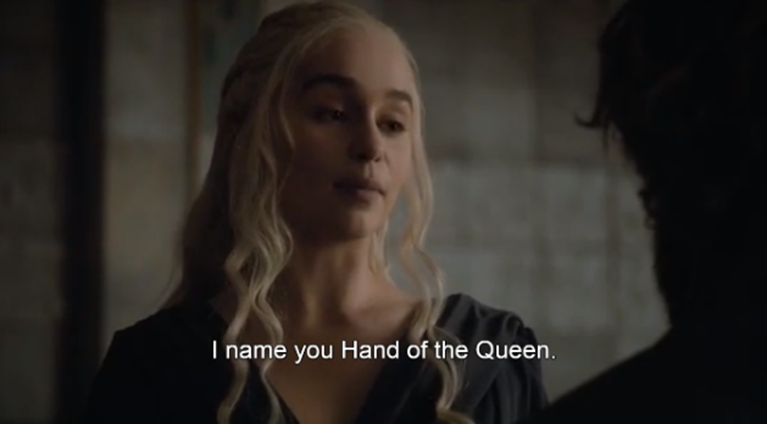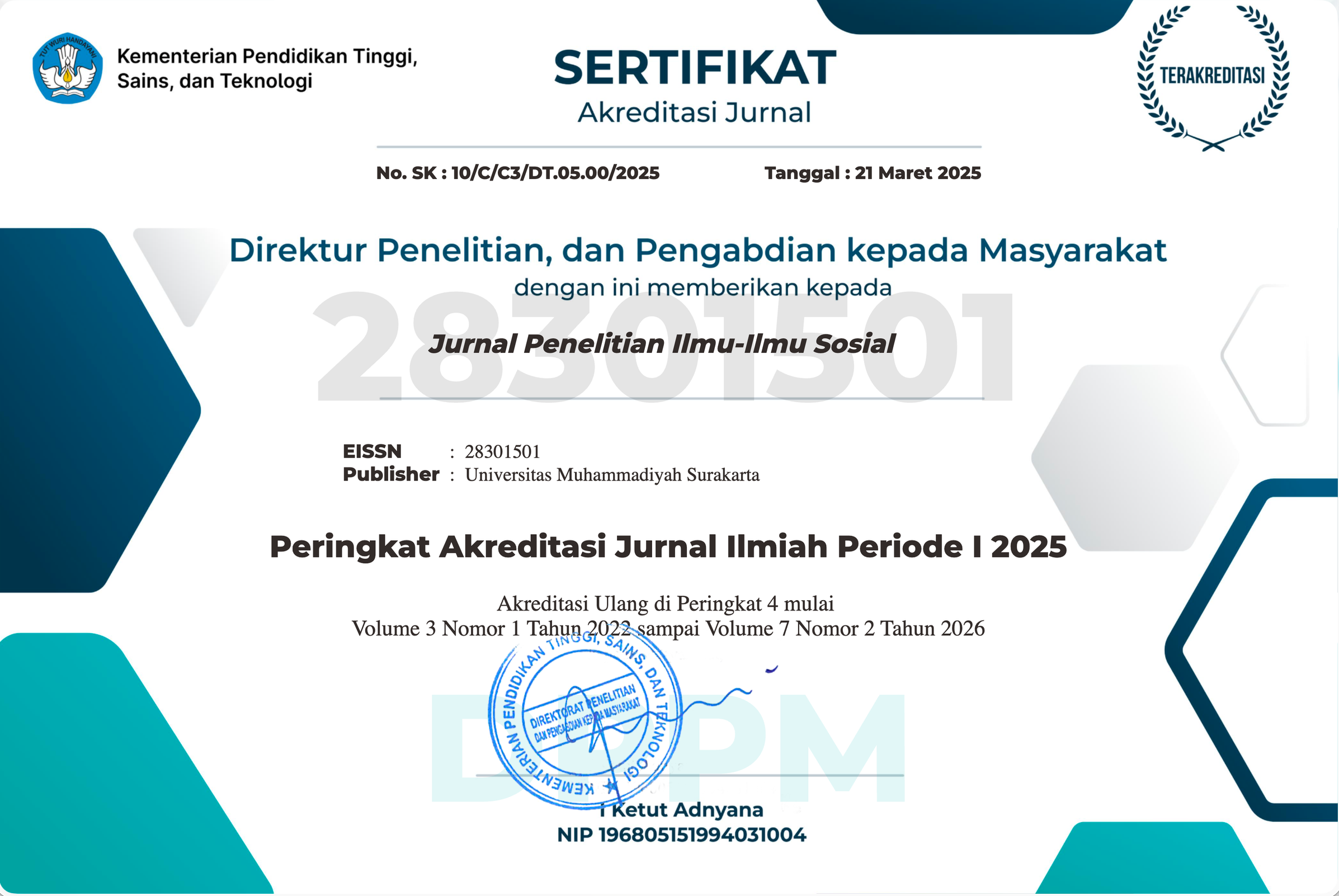Multimodal Analysis of the Disabled Character Tyrion Lannister in the Game of Thrones Series (2011-2019)
DOI:
https://doi.org/10.23917/sosial.v4i2.1120Keywords:
multimodal, disabled, game of thrones, tyrion lannisterAbstract
Media, especially films, have an important role in the construction of people with disabilities. This research examines Tyrion Lannister as a person with a disability represented and constructed in the Game of Thrones series. Tyrion Lannister is interesting because he is the only character born with a disability. This condition differs from others with perfect physical conditions in real life. In this series, Tyrion Lannister shows the body as a social sign. He is represented as a realistic and complex character, not inspiring, not evil, or selling mercy, as the portrayal often used by the media in portraying people with disability. This research uses a qualitative approach with a multimodal critical discourse analysis methodology by Gunther Kress and Theo van Leeuwen. The data is based on seasons and episodes of the Game of Thrones, which relate to Tyrion Lannister as people with a disability, literature study, and documentation. The research found that the representation of Tyrion Lannister is realistic and complex, showing the prejudice and social stigma he has received as a person with a dwarf body.
Downloads
References
Barnes, C. (1992). Disabling Imagery and The Media: an Exploration of the Principles for Media Representations of Disabled People. Ryburn Publishing.
Easterseals. (n.d.). Game Of Thrones Creator At The Media Access Awards. Media Access Awards.
Halliday, M. (1978). Language as social semiotic: The social interpretation of language and meaning. Edward Arnold.
Ingstad, B., & Whyte, S. R. (1995). Disability and Culture. University of California Press.
Jewitt, C., & Oyama, R. (2004). Visual Meaning: a Social Semiotic Approach. In The Handbook of Visual Analysis (pp. 134–156). SAGE Publications Ltd. https://doi.org/10.4135/9780857020062.n7
Kress, G. (2009). ‘What is mode?’, in C. Jewitt (ed.) Routledge Handbook of Multimodal Analysis. Routledge.
Kress, G., & Leeuwen, T. Van. (2001). Multimodal Discourse: The Modes and Media of Contemporary Communication. Oxford University Press.
Kress, G., & Leeuwen, T. van. (2006). Reading Images: The Grammar Of Visual Design. Routledge. https://doi.org/10.4324/9781003099857
Leeuwen, T. van. (2005). Introducing Social Semiotics. Routledge. https://doi.org/10.1177/02673231070220030713
Pritchard, E. (2017). Cultural Representations Of People With Dwarfism And The Social Consequences. Considering Disability Journal CIC, 1, 1–31. https://doi.org/10.4324/9781003026051-5

Downloads
Submitted
Accepted
Published
Issue
Section
License
Copyright (c) 2023 Dewi Christina Marbun, Budi Irawanto

This work is licensed under a Creative Commons Attribution 4.0 International License.















